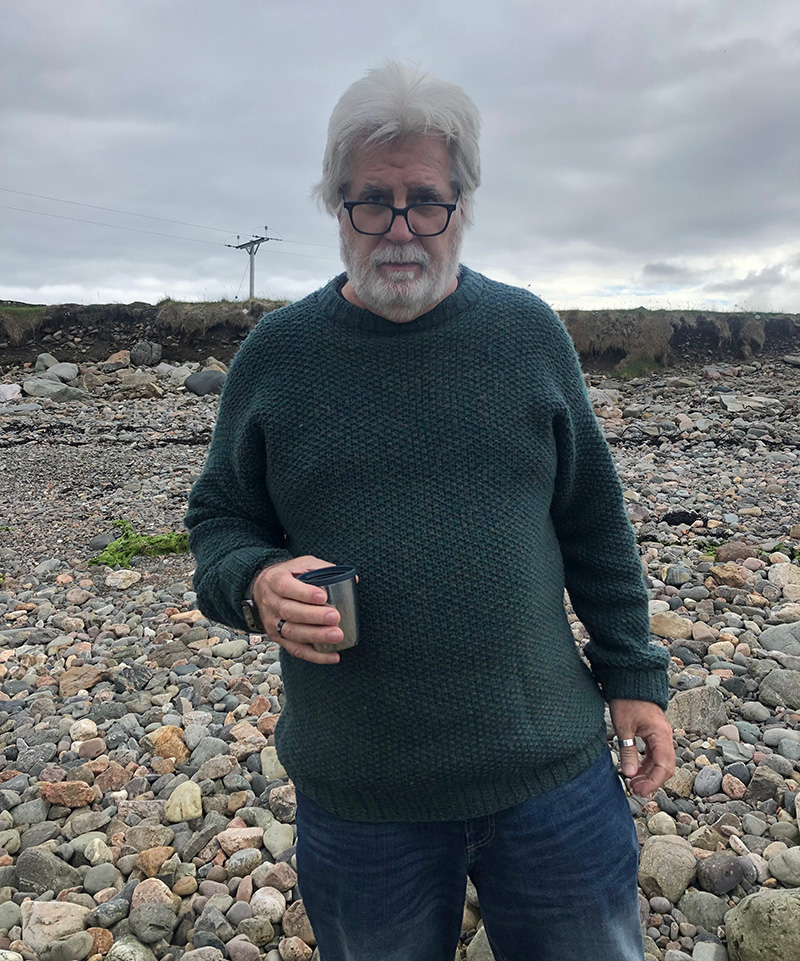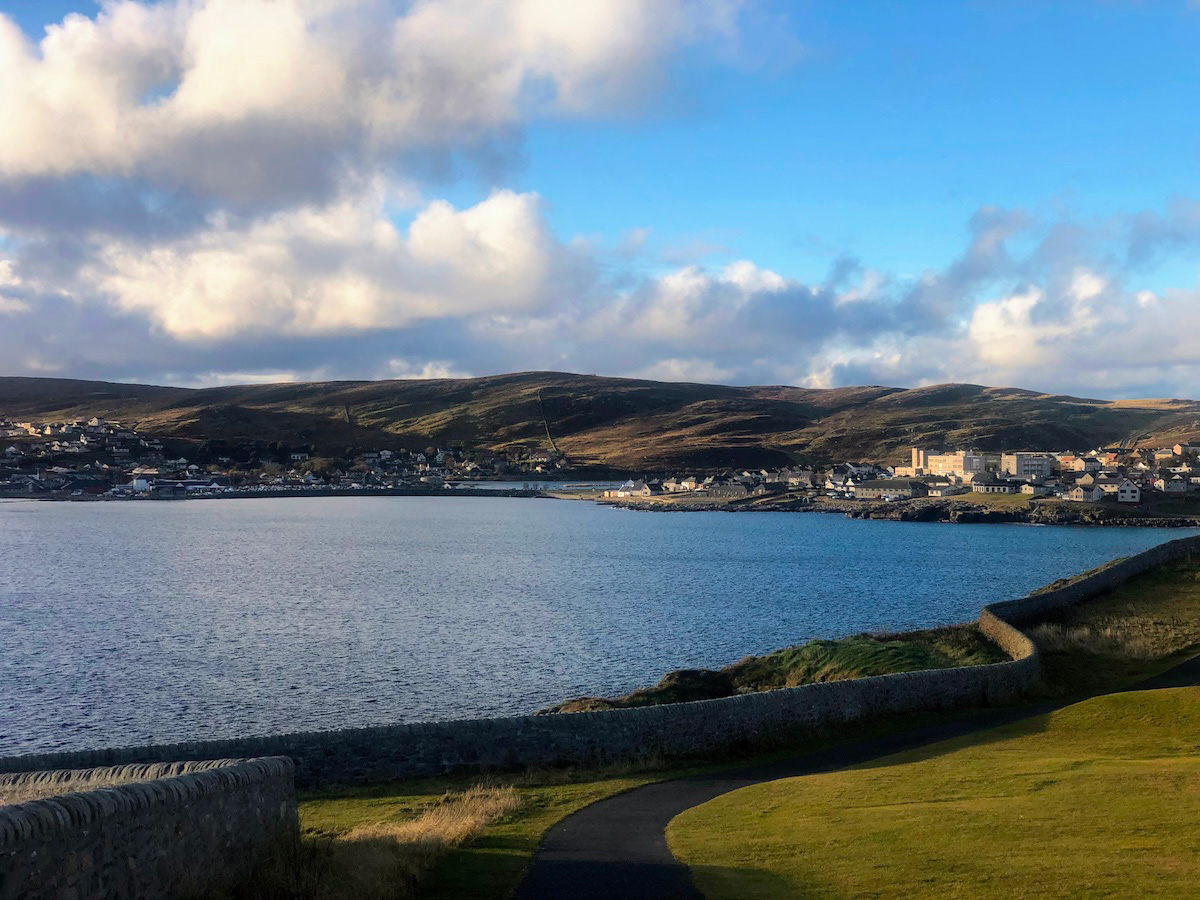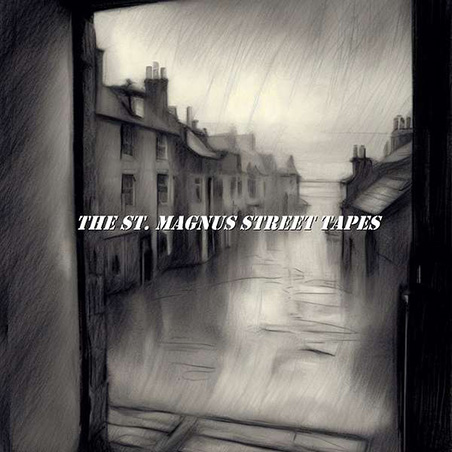Arcadia Professor Creates Podcast to Reflect on Decades of Research in the Shetland Islands

The Shetland Islands, an archipelago roughly 100 miles off the northeast coast of Scotland, are home to 23,020 people, each with a story to tell. Dr. Jonathan Church, the Frank and Evelyn Steinbrucker ’42 Endowed Chair in Sociology, Anthropology, and Criminal Justice, has spent the last several decades listening to many of those stories, and now he has worked them into his podcast, “The St. Magnus Street Tapes.”
“My PhD research was on the Shetland Islands, and that is where I returned back to for the sabbatical I took recently,” Church shares. “When I came back after being gone for about 16 years, I didn’t come back to a radically changed Shetland. I came back to a Shetland that had gone on a developmental path since the 1980s and became an even more sophisticated place. I started to wonder what it would be like, from an anthropological perspective, to write about Shetland as if it’s the center of the world.”
“I’m getting toward the end of my career, so the project is sort of a reflection back, thinking about all the changes that have happened there and trying to introduce to people some sense of what it’s like,” he added.
Each topic discussed on the podcast has two parts: An A-Side and a B-Side. While exploring the same theme, Church takes a more traditional look at the people and culture of the Shetland Islands on the A-Side. The second part of each topic delves into contemporary fiction based on a mixture of themes and characters found in Lawrence Tulloch’s “Shetland Folk Tales.”
The podcast covers topics such as loss, memory, and community. All A-Side episodes have been released, with B-Sides coming out intermittently.
“Sure, this is my research, but I actually wrote all of these for my friends in Shetland,” Church said. The podcasts are for them, and they’ve been fairly well received.”

Church hopes this is one of many podcasts made by Arcadia faculty members. During this academic year, he is looking to collaborate with other Arcadia experts on a second series, “Imagining Europe from the Margins.”
“What does Europe mean to those racialized within its borders, for instance, Roma and traveling folk? What does Europe mean to LGBTQIA+ individuals, activists, and communities who now find themselves marginalized and made illegible under new legislation, such as in Hungary and Poland? To answer these types of questions, we’ll have participants share their scholarship, as well as identify other scholars who can help us,” Church explains.
Church hopes to be able to create 6-8 new episodes for the series, resulting in a Frank and Evelyn Steinbrucker podcast repository that will be available to members of the Arcadia community on a permanent basis.
“I’m really interested in facilitating my colleagues here at Arcadia, who may have a particular interest in a certain question from whatever their disciplinary vantage point is,” he said. “We will also look to enlist a Media and Communication student to serve as a technical advisor and producer.”



